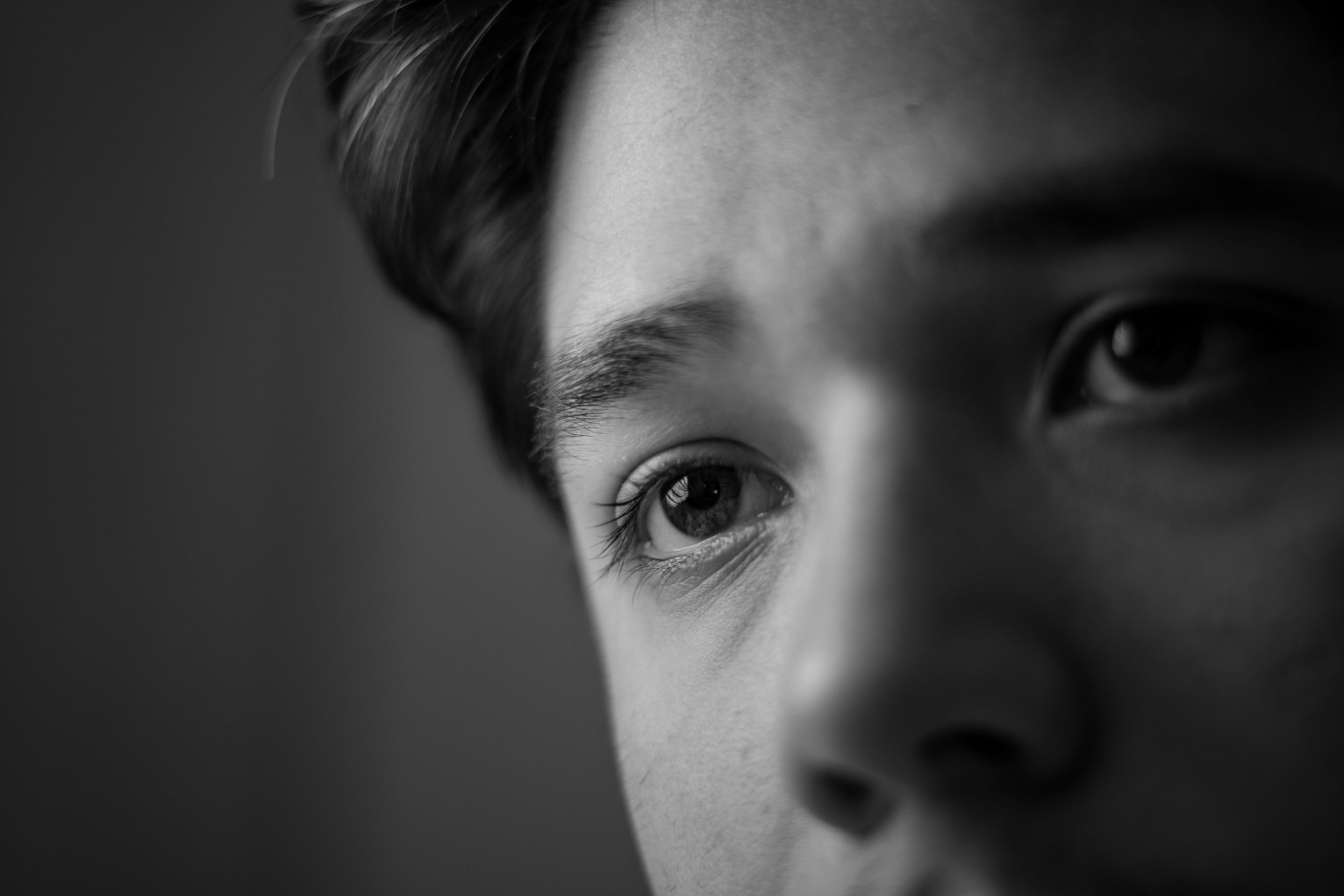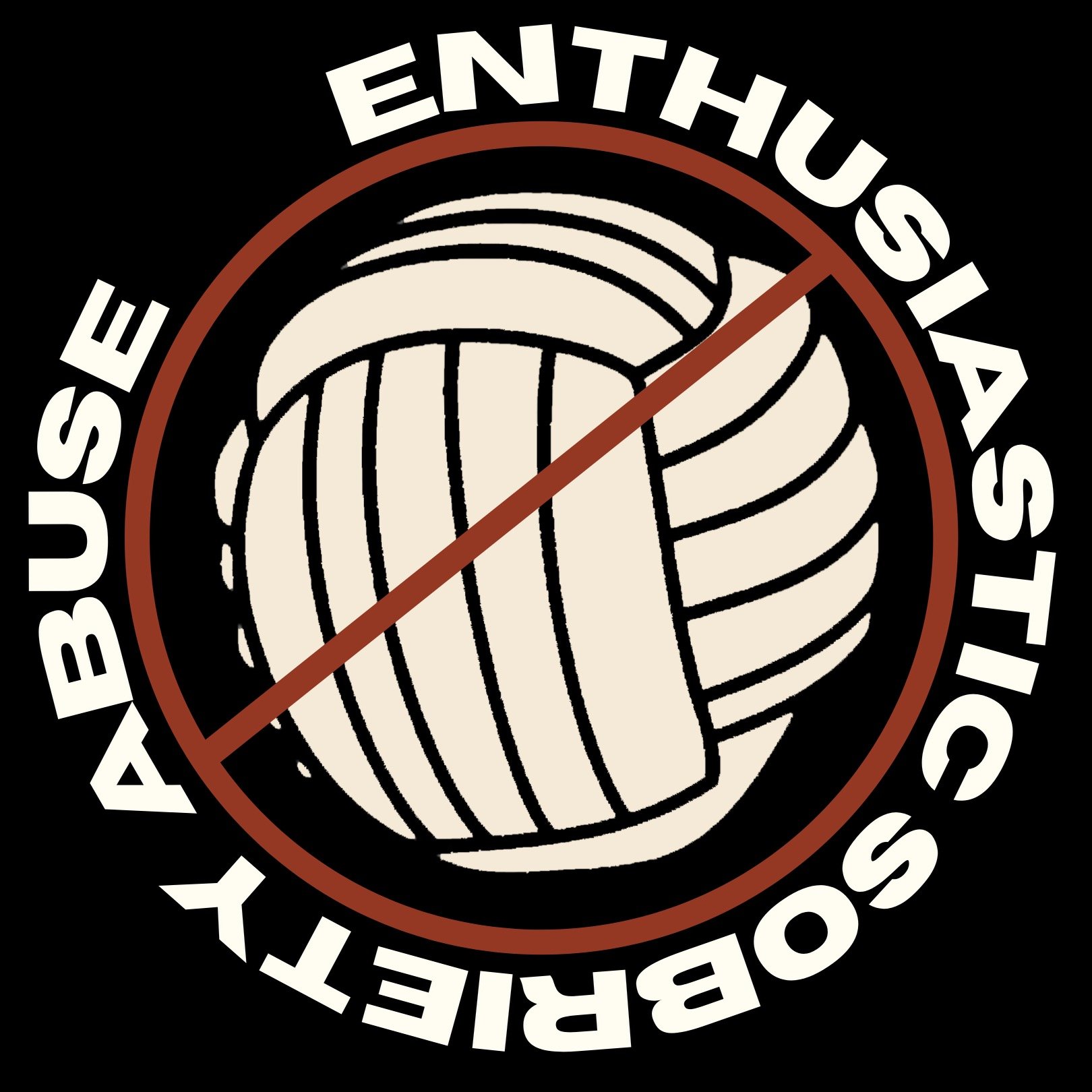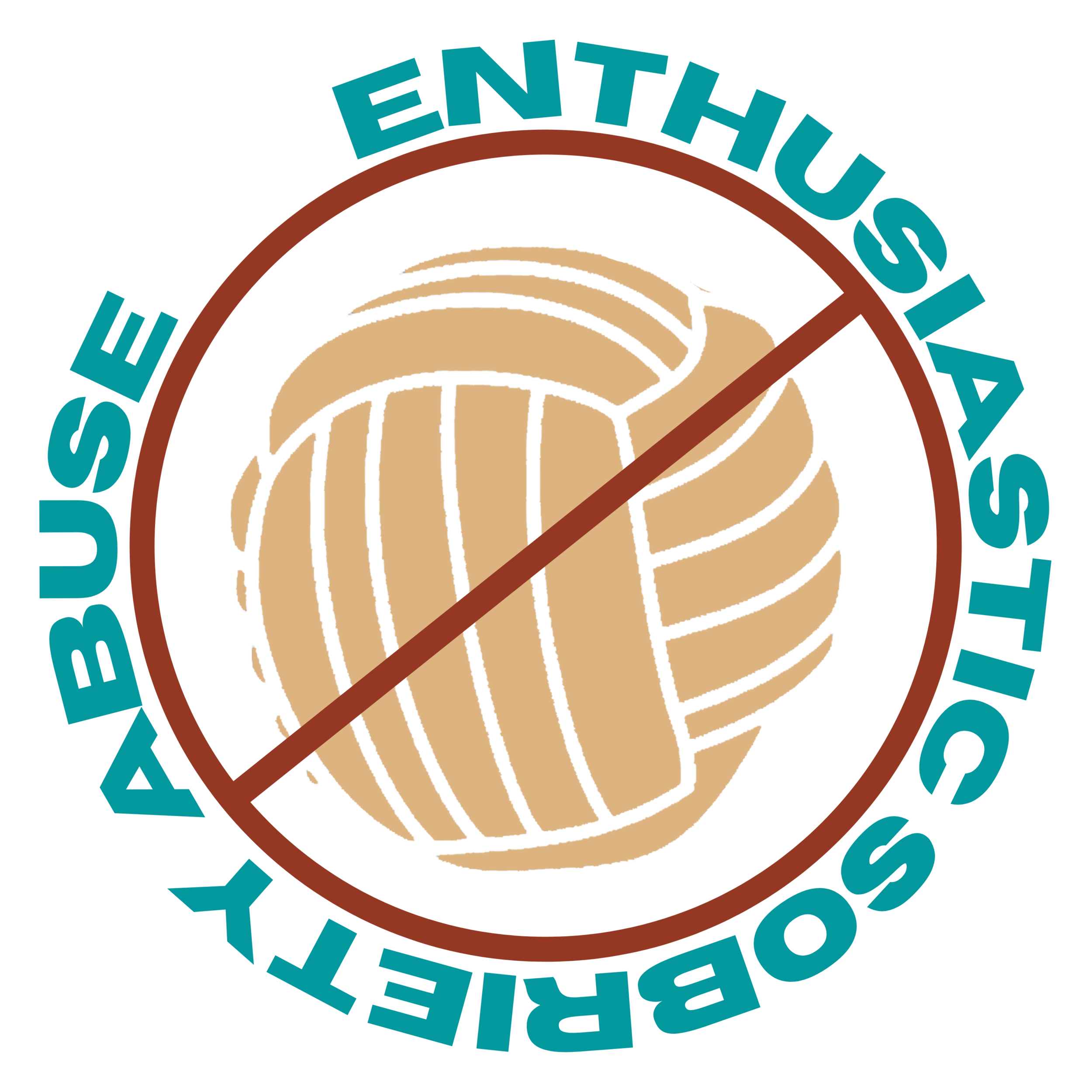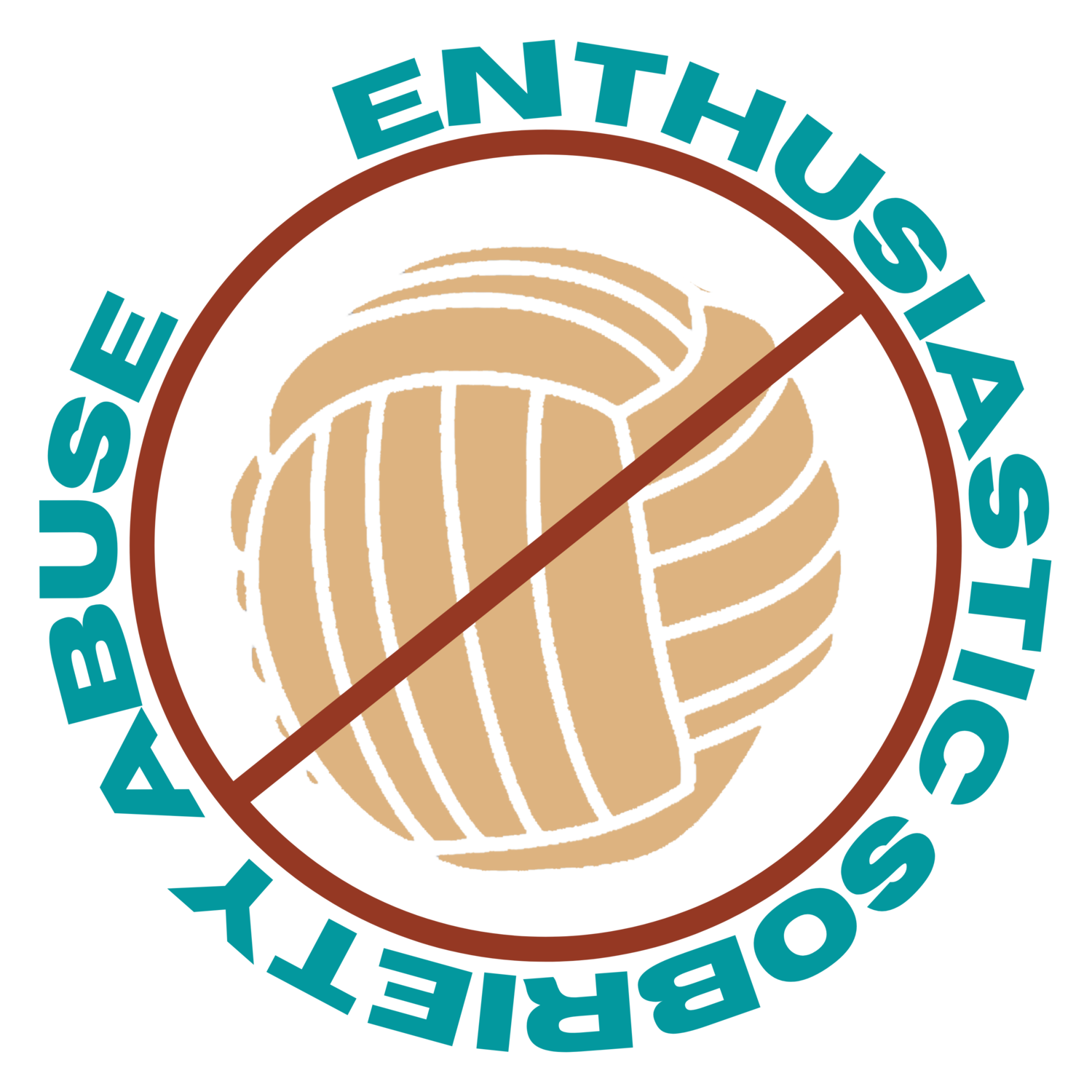
Troubled Teen Industry
The “Troubled Teen Industry” (TTI) is a term for the different facilities for “troubled youth” that represents a multi-billion-dollar industry in the United States. These facilities are sometimes referred to as boot camps, wilderness therapy, secured group homes, teen ranches, reform schools, emotional growth boarding schools, therapeutic boarding schools, religious boarding schools, conversion therapy, behavioral modification schools, residential treatment centers, etc.
These programs market themselves to parents, therapists, state and judicial agencies, and insurance companies as providers of therapeutic treatment for almost every problem. These programs will often claim to treat or be experts in an impossibly diverse and broad myriad of mental health diagnoses and behavioral issues. In the absence of a mental health diagnosis, the programs will often attempt to pathologize normal teenage behavior such as talking back, breaking rules at home, internet addiction, normal sexuality, homosexuality, etc, and treat teenagerhood as a problem that needs to be solved.
-

National Youth Rights Association
We are the nation’s largest organization fighting for the rights of all young people. The National Youth Rights Association, or NYRA (NYE-ruh), was formed in 1998 by a group of young people who wanted to challenge the age discrimination and prejudice they were experiencing. Realizing that ageism is similar to other forms of oppression, they started NYRA as a youth-led civil rights organization in the hope of emulating other successful rights organizations that have pushed us to a more just world.
Every year thousands of young people are sent against their will to facilities designed to control their behavior. These facilities have several different names – boot camps, behavior modification facilities, wilderness therapy, gay conversion – but they are all marketed to parents who feel like they need to change their child’s behavior and are known collectively as the Troubled Teen Industry.
-

Unsilenced
Unsilenced is a non-profit 501(c)3 organization that serves victims of institutional child abuse. As an organization of survivors and allies, we are committed to promoting appropriate, healthy, and effective alternatives to programs within the Troubled Teen Industry (TTI).
To foster better health outcomes without placement in the largely unregulated industry, we advocate for constructive alternatives that circumvent institutionalization for children and youth who are struggling with mental health and educational challenges. Utilizing education, awareness, survivor/community support, and policy change, Unsilenced aims to protect the civil, social, and human rights of youth.
-

American Bar Association
The American Bar Association: Our mission is to serve equally our members, our profession and the public by defending liberty and delivering justice as the national representative of the legal profession.
Click to view The Troubled Teen Industry Collaborative Multi-Series Program Hosted by the American Bar Association.
PART 1 | Youth in Congregate Care: Far from Home, Far from Safe
PART 2 | A Troubled Industry: Far from Home, Far from Safe
PART 3 | Institutional Child Abuse: What is it and how can we prevent it?
-

We Warned Them
The We Warned Them Campaign is a progressive grassroots movement that's calling on local, state, and federal officials to take immediate action to end the "troubled" teen industry's (TTI) habitual malpractices and unsafe treatment on at-risk youth in residential care.
It’s been more than a decade since the Government Accountability Office (GAO), advocate led organizations, and survivors of institutional abuse reported on the dangers of allowing at-risk youth to be placed in the care of the Troubled Teen Industry at the 2008 Congressional Hearings pertaining to Child Abuse and Deceptive Marketing Practices by Residential Programs for Teens. Their findings were shocking, yet little has changed. Our most vulnerable youth are still being abused and neglected, and children are suffering and dying in these private residential programs.

‘Reefer Madness’ and the Troubled Teen Industry
“Several months in, he started telling me the place was a cult,” recalls Anne Mitchell, a Boulder attorney whose son was referred to Cornerstone by Denver Health’s STEP program.
Enthusiastic Sobriety programs like Cornerstone and FullCircle, which use a modified version of Alcoholics Anonymous’ 12 steps, aren’t the first sobriety programs to be discussed in terms of being a cult.
Charles Dederich founded Synanon in 1958, and it was revolutionary at the time. Like Enthusiastic Sobriety, Synanon drew its counselors from members in recovery and hosted weekly social functions with engaging activities like live music. Therapy was centered around “the game,” a form of attack therapy, where members were encouraged to be completely honest and endure criticism from others in the circle. Originally, Synanon was a two-year program, but Dederich determined that members could never fully graduate because true recovery was impossible.
Synanon: The First Sober Cult that Spawned the Troubled Teen Industry
-

Synanon's Sober Utopia: How a Drug Rehab Program Became a Violent Cult
Charles Dederich is credited with a lot of positive innovations early on in his career as a drug rehab guru. He focused on a marginalized group that most institutions wanted nothing to do with. He was said to have coined the phrase "Today is the first day of the rest of your life." He was stern with the people around him, but he believed this tough love was necessary to achieve and maintain sobriety.
But as one might anticipate given that kind of rhetoric, a dark side emerged. Not with one single act, but with many small changes that would enable the organization to evolve into something much more dangerous. What was once a small drug rehab facility in sunny Santa Monica would become a violent, abusive and well-funded cult with satellites throughout California and beyond.
-

The Cult That Spawned The Tough-Love Teen Industry
This harsh approach to helping troubled teens has a long and disturbing history. No fewer than 50 programs can trace their treatment philosophy, directly or indirectly, to an anti-drug cult called Synanon. Founded in 1958, Synanon sold itself as a cure for hardcore heroin addicts who could help each other by “breaking” new initiates with isolation, humiliation, hard labor, and sleep deprivation.
Today, troubled-teen programs use Synanon-like tactics, advertising themselves to parents as solutions for everything from poor study habits to substance misuse. However, there is little evidence that harsh behavior-modification techniques can solve these problems. Studies found that Synanon’s “encounter groups” could produce lasting psychological harm and that only 10 to 15 percent of the addicts who participated in them recovered.
-

Story of This Drug Rehab Turned Violent Cult is Wild, Wild Country-Caliber Bizarre
Few noticed, but the Synanon mission had been shifting. In 1969 the organization dropped the goal of “graduation.” From then on, addiction could be treated only by keeping addicts within the fold. Synanon began to welcome non-addicts like Ritter, too, and Dederich suggested that he was “getting out of the dope-fiend business.” He created the “punk squad,” a sort of boot camp devoted to disciplining “juvenile delinquents” sent to Synanon by their parents and the courts. And the organization began marketing the Game as a new kind of therapy.
If the first phase of Synanon was about curing addiction, and the second phase was about creating a utopian community for the middle class, the third phase was all about making money.

Synanon and Enthusiastic Sobriety: Cults Disguised as Drug Treatment
Up until the 1950s, effective addiction treatment was almost nonexistent. If any form of treatment was offered, it was usually done by doctors in a hospital, and addicts often ended up in jail. Synanon was founded in 1958 by Charles Dederich, and was a pioneer in using ex-addicts as “counselors,” promoting a “tough love” approach and establishing a “culture of recovery.”
The story of Enthusiastic Sobriety and Synanon highlight the similarities of these two cults disguised as drug treatment and provide valuable information on the red flags to look for when choosing a drug treatment program.
Steven Hassan, PhD, MA, MEd, LMHC, NCC has helped thousands of individuals and families recover from undue influence (mind control). With over 40 years of experience, he is sought after as one of the foremost authorities on undue influence and controlling groups and individuals. Steve understands the subject from a unique perspective as both a former cult member and as a clinical professional.
Steven is the Founding Director of the Freedom of Mind Resource Center, a coaching, consulting, and training organization dedicated to supporting individuals to have the freedom to think clearly and to freely consider how they want to live their lives. Steven pioneered a breakthrough method called the Strategic Interactive Approach (SIA), an effective and legal alternative for families to help cult members. The SIA teaches family and friends how to strategically influence the individual involved in the cult.
-

How the Troubled Teen Industry Affects Families
The amount of money that my parents spent on these facilities is the biggest source of pain for both me and my family today.
My mother had spent all of her life savings — all of her retirement — on trying to get me better because that’s what she was told I needed by programs like his. So if he was going to expel her child because I was too gay for his taste and send me right back to the beginning, then this was not the place for her child. Because the fact of the matter is — she loves her child.
-

America's 'troubled teen industry' needs reform so kids can avoid the abuse I endured
Sadly, this industry has thrived for decades thanks to a systemic lack of transparency and accountability. An estimated 120,000 young people are housed in congregate-care facilities at any given time across the country, many of them placed through the child welfare and juvenile justice systems. But there is little oversight. State inspections are typically minimal, and there is no federal or other organized data tracking placements, reporting critical incidents or monitoring quality of care.
-

Five Facts About the Troubled Teen Industry
Some information to help you better understand the “troubled teen” industry that continues to operate largely unregulated.
The “troubled teen” industry is a network of private youth programs, therapeutic boarding schools, residential treatment centers, religious academies, wilderness programs, and drug rehabilitation centers and it dates back at least 50 years. Despite numerous allegations of serious abuse that date back decades, they continue to operate in a largely unregulated way. To better understand this issue, here are five facts about the industry.
-

Teens Are Being Trapped in Abusive 'Drug Rehab Centers'
The methods used at these facilities are arguably traceable to an anti-drug cult in the 60s called the Church of Synanon. Their method was to abduct addicts and then “rehabilitate” them through beatings and humiliation. “I found that virtually all of the programs that exist today using the harshest tactics were either founded by former Synanon members or sent people to Synanon to learn the treatment,” Szalavitz told me.
Former patients have been airing their stories on Reddit and other websites, so I contacted a few of them to find out more. It soon became clear that today’s residential teen treatment centers still have all the trappings of a cult.
-

Scared Straight or Scarred for Life?
Reporting on these places is difficult. Most parents are not interested in talking with a reporter about sending off their kids to such programs — and the programs aren’t either. Springing up without any connection to established hospitals or institutions, the tough-love industry, we also learn, is phenomenally lucrative. Some places are well intentioned but slapdash, while the worst have been driven out of business by prosecutors. But Rosen reports that some 5,000 kids are still admitted into wilderness programs each year. According to him, even the industry’s recognized trade group, National Association of Therapeutic Schools and Programs, doesn’t articulate or enforce standards of care — it just offers what Rosen argues is a self-reinforcing “ineffective accreditation network.”
-

The Trouble with Troubled Teen Programs
In the nearly five decades since the first tough love residential treatment community, Synanon, introduced the idea of attack therapy as a cure for drug abuse, hundreds of thousands of young people have undergone such "therapy." These programs have both driven and been driven by the war on drugs. Synanon, for example, was aimed at fighting heroin addiction, its draconian methods justified by appeals to parents' fears that drugs could do far worse things to their children than a little rough treatment could. The idea was that only a painful experience of "hitting bottom" could end an attachment to the pleasures of drugs.
But like the drug war itself, tough love programs are ineffective, based on pseudoscience, and rooted in a brutal ideology that produces more harm than most of the problems they are supposedly aimed at addressing.



